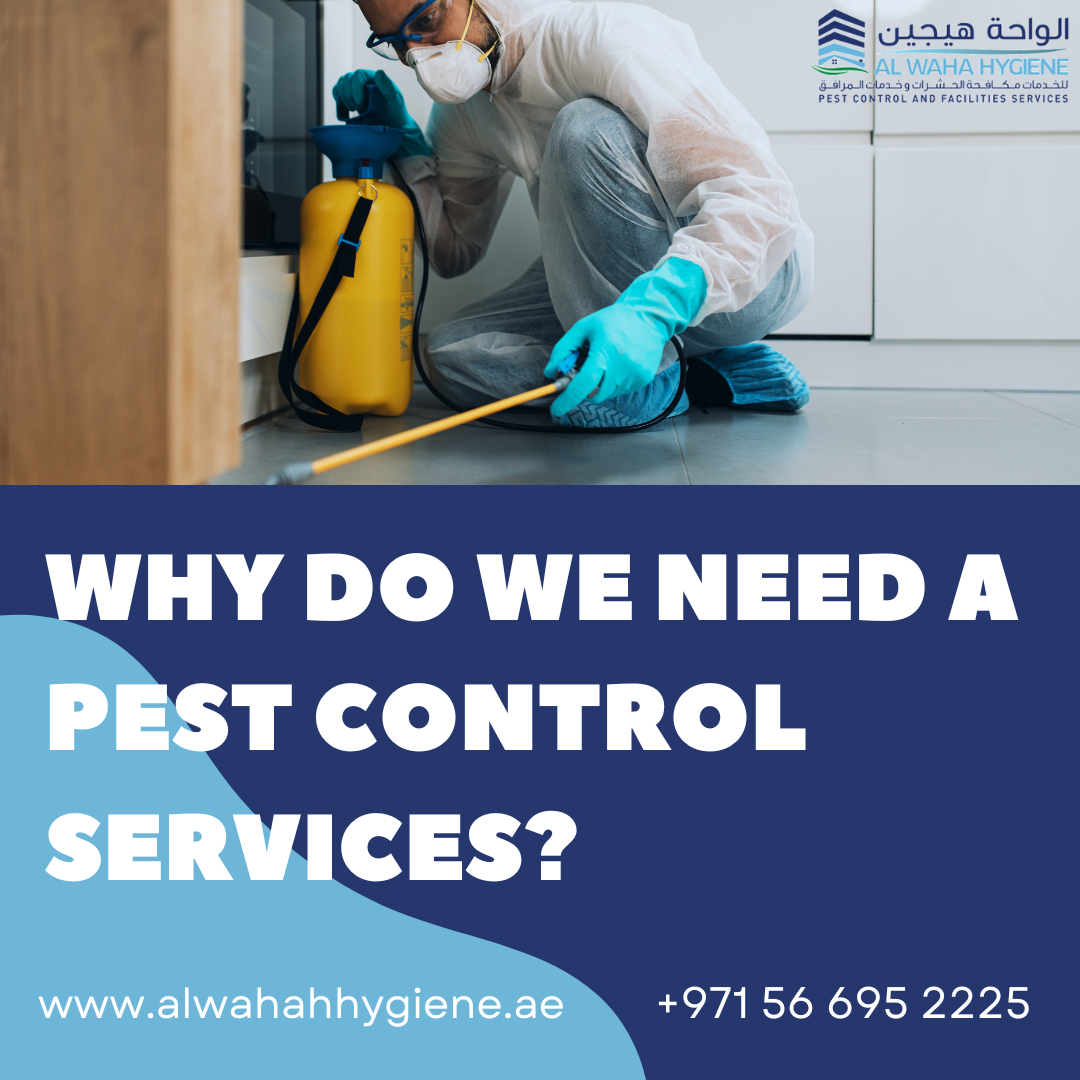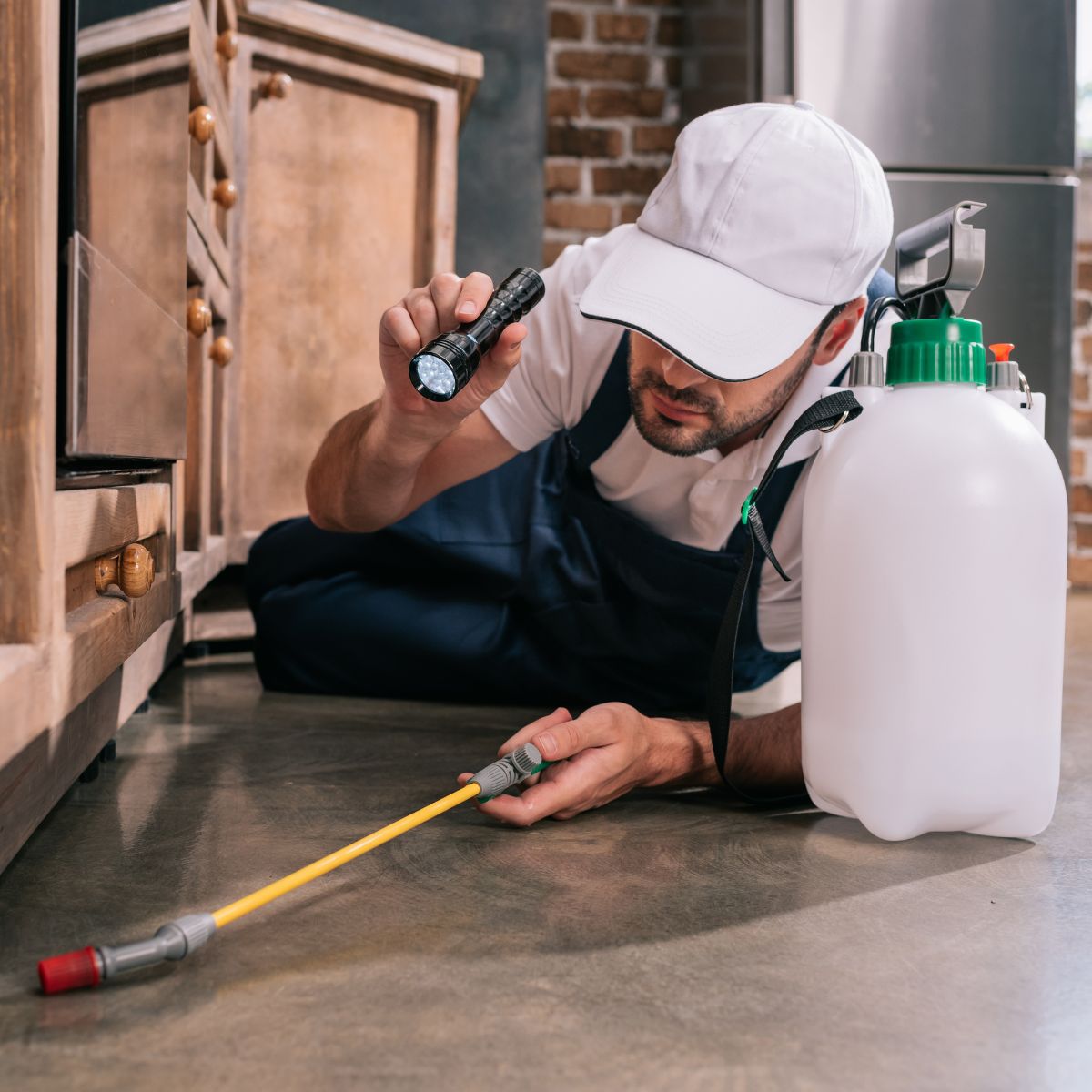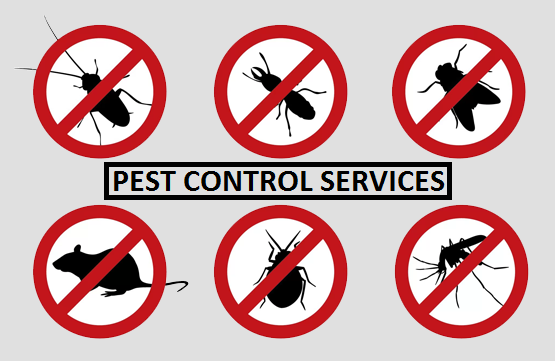Relied On Pest Control Clovis: Securing Your Building
Relied On Pest Control Clovis: Securing Your Building
Blog Article
Comprehending the Numerous Approaches to Pest Control: A Comprehensive Guide

All-natural Bug Control Approaches
Employing environment-friendly strategies such as buddy planting and organic insect control is important for successfully handling pests in agricultural settings. Friend growing includes expanding different plants in distance to hinder pests, improve nutrient uptake, and improve general crop wellness. As an example, growing marigolds together with tomatoes can aid drive away nematodes. In a similar way, intercropping maize with beans can disrupt the reproduction patterns of bugs like corn borers.
Organic bug control entails presenting all-natural killers or virus to manage pest populaces. Ladybugs, as an example, prey on aphids, managing their numbers without the requirement for chemical pesticides. Another instance is the use of Bacillus thuringiensis (Bt), a germs that targets certain insect bugs while being safe to people, animals, and helpful insects.
These environment-friendly approaches not only decrease the reliance on artificial chemicals yet likewise help maintain biodiversity and soil wellness. By integrating natural pest control strategies into agricultural methods, farmers can attain lasting pest management while decreasing negative effect on the setting.

Chemical Bug Control Solutions
Along with all-natural bug control methods, the application of chemical insect control services plays a substantial function in properly taking care of pest populaces in farming environments. Chemical parasite control services are formulated to target specific insects that may create substantial damages to crops. These remedies usually have artificial pesticides that are designed to get rid of bugs swiftly and successfully.
One of the crucial benefits of chemical pest control options is their performance in managing pest infestations on a big scale. Farmers can apply these solutions making use of numerous approaches such as spraying, airing out, or seed therapy to safeguard their plants from damaging bugs, weeds, and illness. Additionally, chemical bug control options are reasonably simple to apply and can give rapid outcomes, aiding farmers protect their returns and reduce economic losses.
Nonetheless, it is necessary to use chemical bug control options judiciously to minimize potential unfavorable influence on the environment, non-target organisms, and human health. Appropriate application strategies, adherence to safety standards, and routine monitoring are critical to ensure the responsible use chemical insect control remedies in farming techniques.
Organic Pest Control Approaches
Organic pest control approaches take advantage of natural predators or microorganisms to handle parasite populaces in farming setups effectively. This technique provides a environmentally friendly and lasting solution to pest monitoring, minimizing the reliance on artificial chemicals and reducing harm to the setting. One typical biological control approach is the intro of natural enemies, such as ladybugs or parasitic wasps, to target particular pests. These killers prey on the parasites, assisting to regulate their populations normally - pest control clovis.
One more organic control technique entails making use of microorganisms like microorganisms, viruses, or fungis to contaminate and kill pests. These microbial agents can be sprayed on crops or presented into the soil to deal with numerous insects without hurting useful insects or various other wildlife. Additionally, making use of scents to interfere with the mating patterns of pests is another efficient biological control strategy. By interfering with their reproduction, this technique aids to lower insect populaces without the requirement for chemical treatment. Overall, biological insect control strategies offer a sustainable and targeted option to pest management in agriculture.
Integrated Insect Monitoring (IPM)
Integrated Pest Management (IPM) is an extensive approach that incorporates numerous pest control strategies to successfully handle and lessen pest populaces in farming systems. IPM focuses on long-lasting prevention of parasites via a mix of biological, social, physical, and chemical control techniques. By integrating these different methods, IPM aims to reduce reliance on chemical pesticides, lessen environmental influence, and promote sustainable bug monitoring techniques.
One trick element of IPM is making use of biological controls such as all-natural killers, parasites, and microorganisms to manage bug populations. This technique uses the power of nature to keep a balance in between insects and their natural enemies without triggering damage to the environment.
In addition, IPM includes cultural methods like plant turning, sanitation, and habitat adjustment to produce negative conditions for bugs and interrupt their life process. Physical controls such as mulches, catches, and barriers are also used to stop pest problems.
Mechanical and Physical Insect Control Techniques
Using non-chemical methods, such as physical and mechanical parasite control techniques, is a vital facet of comprehensive insect monitoring approaches, building upon the foundation of Integrated Bug Management's all natural method. Mechanical parasite control involves the usage of physical barriers or catches to avoid pests from accessing and harming crops or structures. This method can include techniques like setting up screens on home windows, using row covers in agriculture, or employing sticky catches to capture bugs.
Physical parasite original site control methods, on the various other hand, concentrate on straight removing pests through physical ways. Utilizing warm therapies to eliminate bed bugs or vacuuming up insects like crawlers or ants can be efficient ways to manage invasions without the usage of chemicals. By including these mechanical click for more info and physical parasite control techniques into an Integrated Bug Management strategy, professionals and people can decrease reliance on pesticides while still successfully reducing and taking care of pest populations damages.
Verdict

In enhancement to natural insect control approaches, the application of chemical parasite control solutions plays a considerable duty in properly managing pest populations in agricultural environments.One of the key advantages of chemical parasite control solutions is their efficiency in regulating parasite infestations on a big great post to read scale.Integrated Insect Management (IPM) is a comprehensive technique that integrates various parasite control strategies to successfully take care of and lessen pest populaces in agricultural systems.Utilizing non-chemical approaches, such as mechanical and physical pest control techniques, is a vital facet of thorough insect administration methods, building upon the foundation of Integrated Pest Monitoring's holistic method. By incorporating these physical and mechanical insect control techniques into an Integrated Insect Management plan, experts and people can decrease reliance on pesticides while still properly managing pest populations and minimizing damage.
Report this page